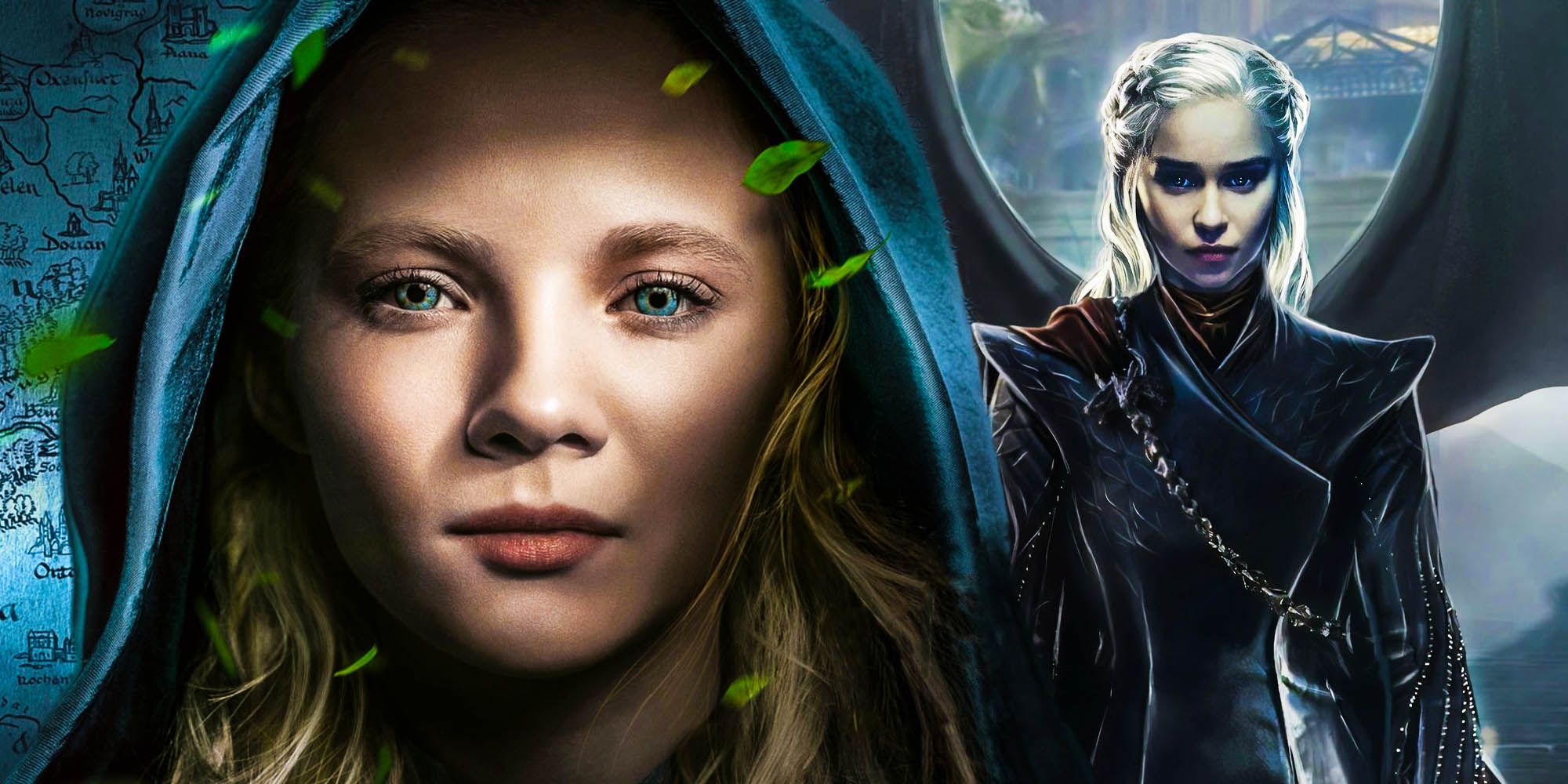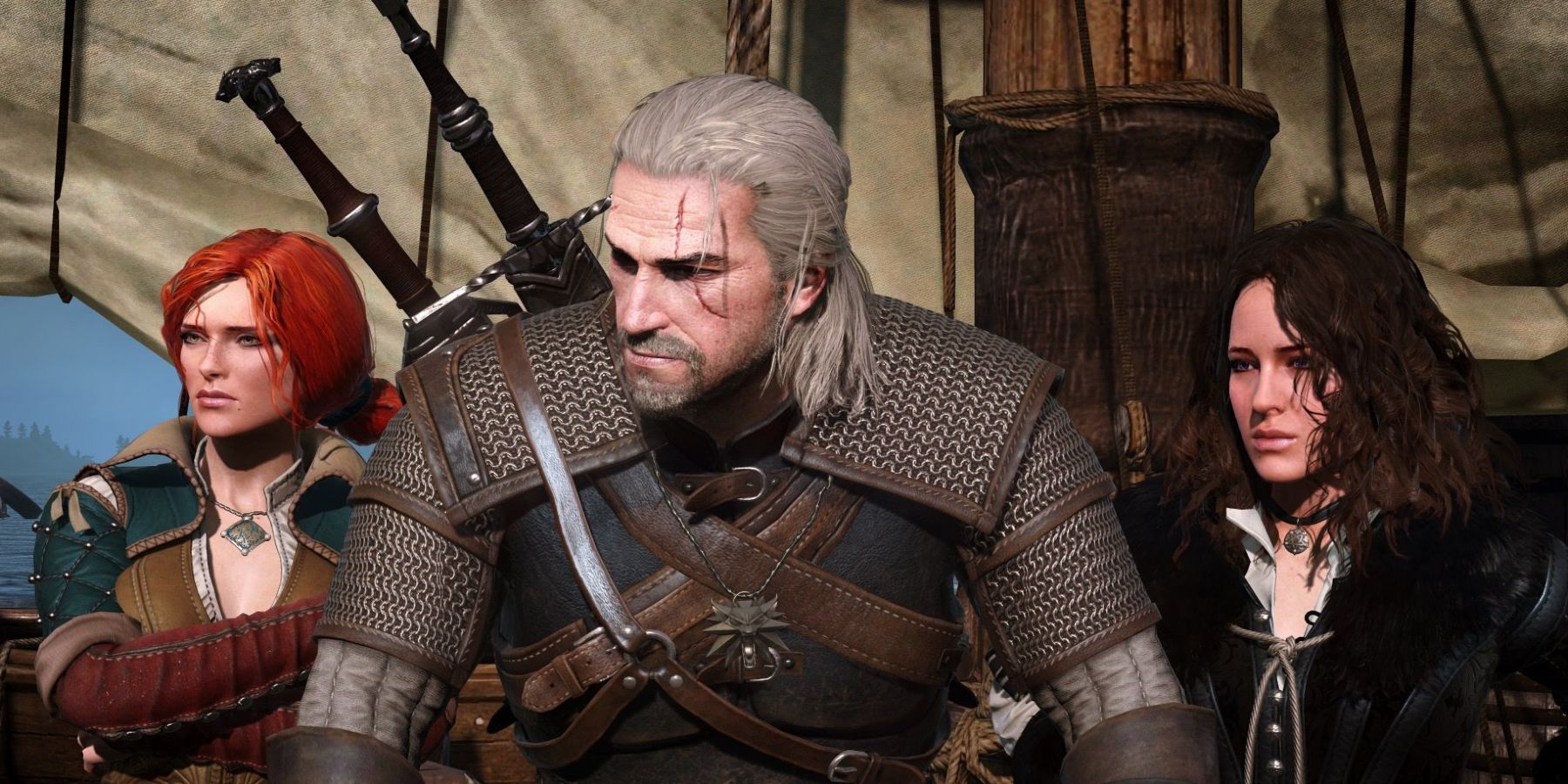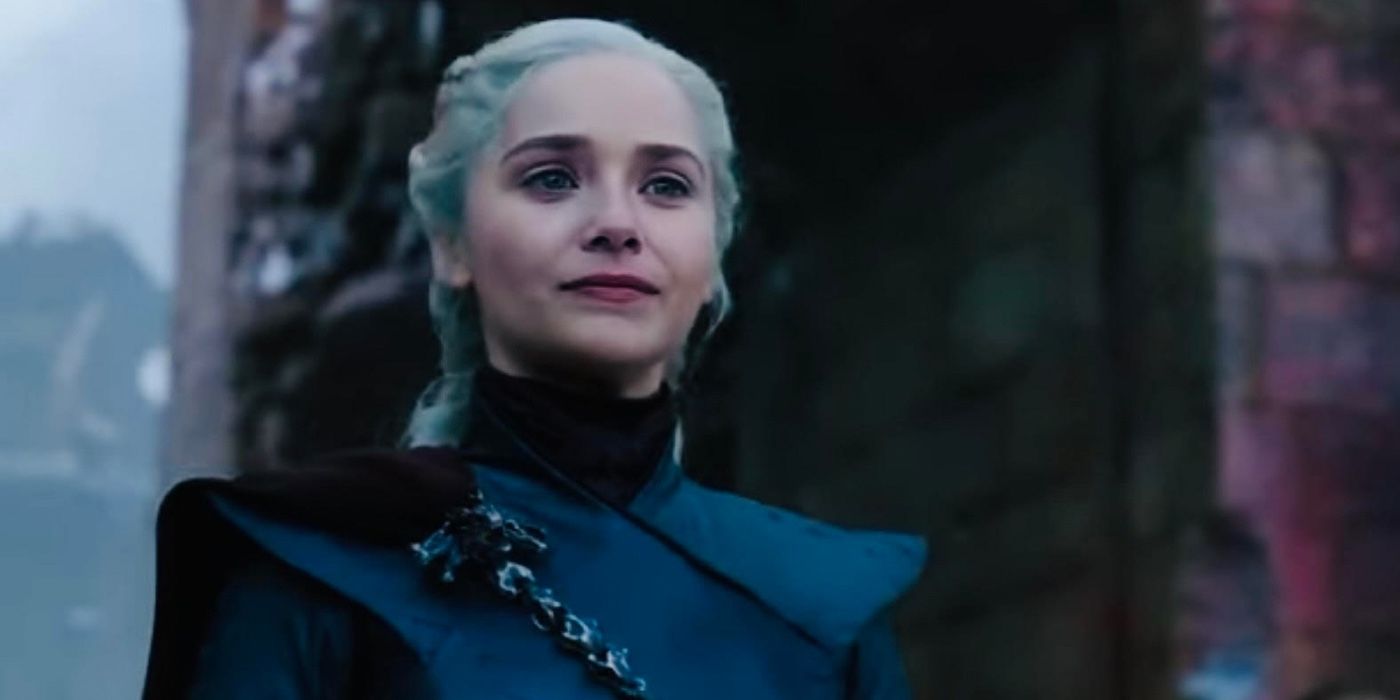Netflix's The Witcher TV series risks making the same mistake Game of Thrones made with Daenerys. In 1985, Polish would-be author Andrzej Sapkowski entered a short story for the fantasy magazine Fantastyika. It was published a year later, and although it didn't win the competition, reader reactions to "The Witcher" were positive and so he continued to develop that world. Over the years, he wrote a wealth of novels and short stories that detailed the adventures of Geralt of Rivia and his young ward Ciri, a woman with the power to break the world, with the stories often drawing on popular mythology and steeped in rich social commentary.
Initial attempts to transform The Witcher into a TV sensation failed, but in 2007 the franchise did make the jump to another medium - specifically to games. These picked up where Sapkowski's stories left off, continuing the narrative, but also switching up the characters a little. The Witcher 1 hasn't aged well, but the second game was a real success, and The Witcher 3: Wild Hunt is rightly considered a classic in fantasy gaming. Developed CD Projekt Red took a unique and innovative approach in building an immersive open-world environment, with compelling storytelling and impressive world-building. Although there are massive changes to the lore, it very much feels like a love letter to Sapkowski's original stories.
And then, in the most spectacular adaptation yet, Netflix launched The Witcher TV series starring Henry Cavill as Geralt and Frey Allan as Ciri. It proved to be a hit, and the streaming giant is transforming The Witcher into an entire universe, with numerous spin-offs in different mediums. But the recently-released footage of The Witcher season 2 may hint at a subtle problem - one that could haunt the show as its story continues, and that feels remarkably similar to a mistake made by Game of Thrones.
The Witcher Is Based On The Books, Not The Games
Sapkowski's stories are undoubtedly fantasy classics, with a large cult following in Poland and Central and Eastern Europe. They've been translated into 47 languages and (as of December 2019) have sold over 15 million copies worldwide. But the books are typically seen as something of a niche franchise in the United States in particular, even though sales have since been boosted as a result of Netflix's hit TV series; according to The NPD Group, book sales for The Witcher in the United States increased by a staggering 562 percent in the two weeks following the release of The Witcher season 1. Still, even now, the reality is that most people have been exposed to the games far more than they have to Sapkowski's stories; even Cavill himself said on Jimmy Kimmel Live that he didn't know there were books in the first place until he met the showrunners. Again, The NPD Group reported a surge of interest in the games after The Witcher season 1 came out on Netflix.
This actually poses a subtle problem for The Witcher, simply because there are crucial differences between Sapkowski's books and short stories, and the games themselves. The most significant of these is in the character of Ciri, who in the games is something of a raucous troublemaker, quick-witted and confident, typically bantering with her opponents as she takes them down. Sapkowski's stories treat Ciri in a very different way, establishing her as a secretive woman who senses a dormant power building within her, one that could either change the world or destroy it, and who is frankly intimidated by it. Fitting with this, The Witcher universe's trailer features a line of dialogue in which Ciri says she sometimes feels as though she could burn the world; that's perfectly in keeping with her portrayal in the books, which Netflix's The Witcher is based upon, but people who only know Ciri from the games have found the intensity of it rather shaking.
The Witcher Risks Repeating Game Of Thrones' Mistake
The Witcher risks falling into a trap, one that has befallen other popular fantasy TV series such as Game of Thrones. Because most viewers know Ciri best from the games, they are approaching the character expecting particular arcs and traits - ones that will not be fulfilled, because the Netflix show is not inspired by the games they love, but rather by Sapkowski's stories. Readers will know that Ciri really does have the power to bring the entire world down, that she will cut a swathe across entire nations, and that she will come close to allowing her power to be used to destructive ends. No doubt this won't happen for many seasons; but her journey as a character will feel increasingly alien to people who are only familiar with the Ciri of the games, and when her power really cuts loose there's a risk they'll react in surprise and horror, as a confident woman is turned into a force of destruction.
It's not hard to see the potential parallels with Daenerys Targaryen in Game of Thrones. There, Daenerys was set up as a would-be conqueror with an ambiguous morality, daughter of the so-called "Mad King" who nevertheless had the potential to bring peace to Westeros. In the end, though, Game of Thrones season 8 flipped this idea on its head by having Daenerys do what her father had been prevented from doing, burning King's Landing to the ground, proving just as insane as her father. Dialogue attempted to suggest this had been seeded all the way through - pointing to other atrocities she'd committed long before coming to Westeros - but it felt abrupt and unsatisfying. Even actress Emilia Clarke hated the twist, admitting she struggled with it because she realized she was so strongly associated with Daenerys in pop culture, having played her since 2013. The truly frustrating thing here is that this isn't The Witcher's fault. Because the Netflix TV series is not based on the games, viewers are approaching it with the wrong ideas in their minds. Confused reactions to Ciri's season 2 dialogue suggest those prior expectations have not yet been set aside, and if they aren't, then the Ciri plot in The Witcher could easily become just as divisive and emotionally confusing as Game of Thrones' Daenerys twist.



